All Stories
-
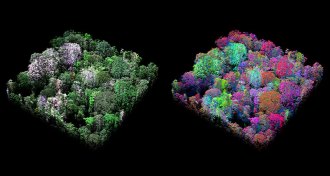 Ecosystems
EcosystemsMapping rainforest chemistry from the air reveals 36 types of forest
Aircraft analysis of tree chemicals reveals new biodiversity in the Peruvian rainforest.
-
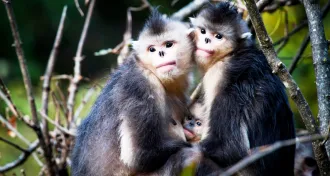 Animals
AnimalsThe animal guide to finding love
Learn to dance, keep an eye on your competition, bring a gift: Animals have some practical advice for finding a mate.
-
 Climate
ClimateDesert songbirds increasingly at risk of dehydration
With no efforts to curb climate warming, hot spots in the U.S. Southwest could turn uninhabitable for some songbirds.
By Susan Milius -
 Psychology
PsychologyPhysically abused kids learn to fail at social rules for success
What physically abused kids learn about rewards at home can lead to misbehavior elsewhere.
By Bruce Bower -
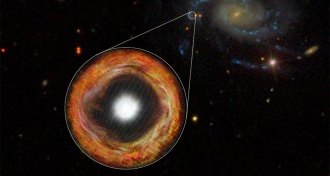 Astronomy
AstronomySupernova spotted shortly after explosion
Early observations of exploding star could indicate that stars become unstable as they near death.
-
 Animals
AnimalsCoral reef crab named after Harry Potter characters
Bizarre rubble-dwelling crab named after critter collector and Harry Potter characters.
-
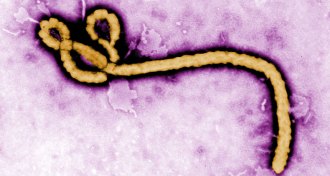 Life
LifeRapid Ebola test to detect early infection in the works
Scientists are developing highly specific antibodies to detect Ebola sooner.
-
 Oceans
OceansFleeting dead zones can muck with seafloor life for decades
Low-oxygen conditions can fundamentally disrupt seafloor ecosystems and increase carbon burial, new research shows.
-
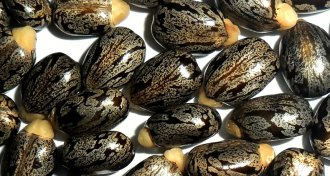 Health & Medicine
Health & MedicineRicin poisoning may one day be treatable with new antidote
Mice treated with a blend of antibodies survived even when treated days after exposure to ricin.
By Meghan Rosen -
 Health & Medicine
Health & MedicineCold plasma puts the chill on norovirus
A new device uses cold plasma to kill foodborne pathogens.
-
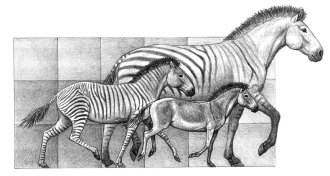 Life
LifeHorses buck evolutionary ideas
Horse evolution doesn’t fit classic scenario of trait evolution.
-
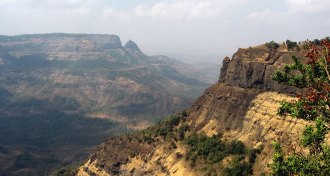 Earth
EarthDual magma plumes fueled volcanic eruptions during final days of dinosaurs
Two magma plumes fueled the Deccan volcanic eruptions around the time of the dinosaur extinction 66 million years ago.